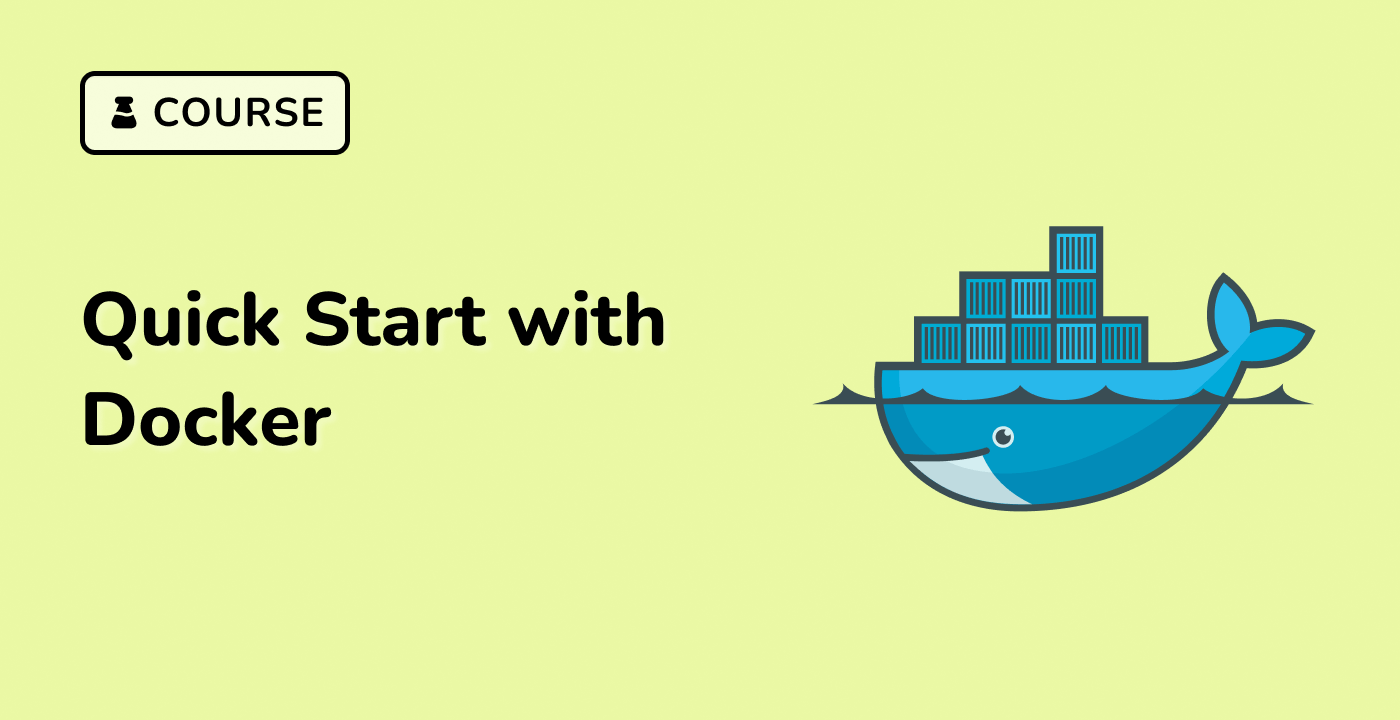Docker Desktop Essentials
Introduction to Docker Desktop
Docker Desktop is a powerful container platform that simplifies container development and deployment across multiple operating systems. It provides developers with a comprehensive development environment for creating, managing, and running containerized applications.
Key Components and Architecture
graph TD
A[Docker Desktop] --> B[Docker Engine]
A --> C[Kubernetes]
A --> D[Container Management Tools]
A --> E[Virtual Machine]
| Component |
Description |
Functionality |
| Docker Engine |
Core containerization runtime |
Manages container lifecycle |
| Kubernetes |
Orchestration platform |
Manages container deployment |
| Container Management Tools |
GUI and CLI interfaces |
Simplifies container operations |
Installation on Ubuntu 22.04
## Update system packages
sudo apt update
## Install required dependencies
sudo apt install apt-transport-https ca-certificates curl software-properties-common
## Add Docker's official GPG key
curl -fsSL | sudo gpg --dearmor -o /usr/share/keyrings/docker-archive-keyring.gpg
## Set up Docker repository
echo "deb [arch=$(dpkg --print-architecture) signed-by=/usr/share/keyrings/docker-archive-keyring.gpg] $(lsb_release -cs) stable" | sudo tee /etc/apt/sources.list.d/docker.list > /dev/null
## Install Docker Desktop
sudo apt update
sudo apt install docker-desktop
Basic Docker Desktop Workflow
Developers can leverage Docker Desktop to:
- Create containerized applications
- Manage container lifecycles
- Test and deploy applications consistently
- Simulate production environments locally
Sample Container Deployment
## Pull official Ubuntu image
docker pull ubuntu:latest
## Run interactive container
docker run -it --name my-container ubuntu:latest /bin/bash
## Inside container
root@container:/## apt update
root@container:/## apt install nginx
root@container:/## exit
This example demonstrates how Docker Desktop enables rapid container creation and management, providing a seamless development environment for containerized applications.




